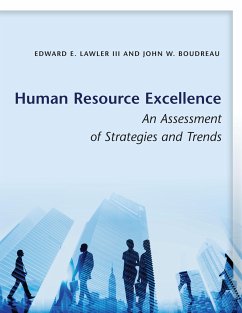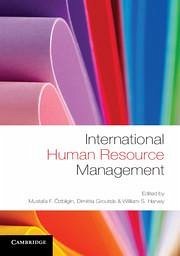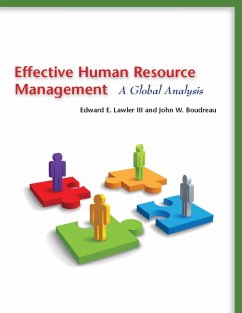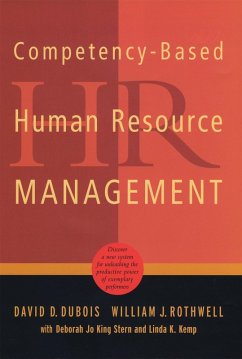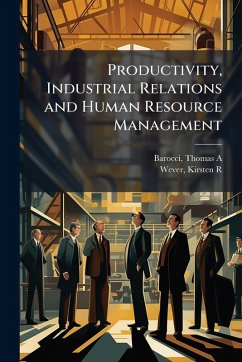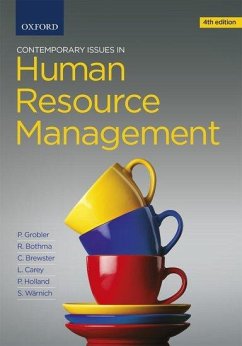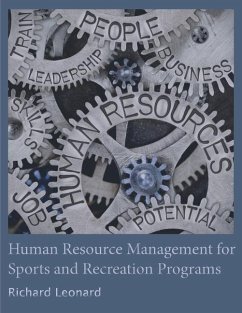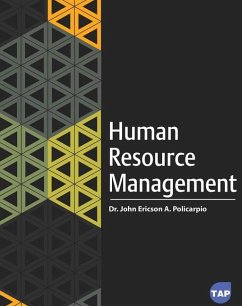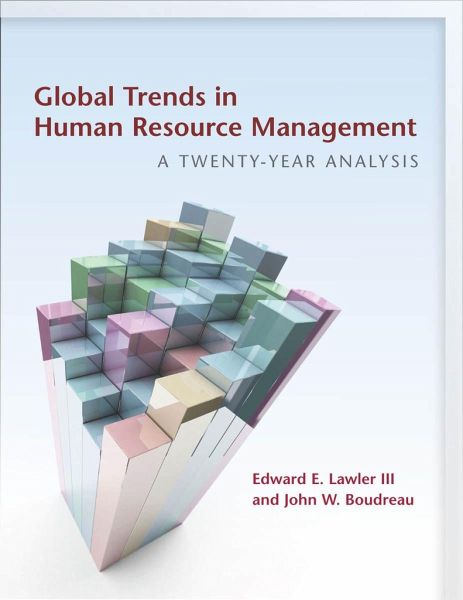
Global Trends in Human Resource Management
A Twenty-Year Analysis
Versandkostenfrei!
Versandfertig in über 4 Wochen
45,99 €
inkl. MwSt.

PAYBACK Punkte
23 °P sammeln!
Since 1995, USC's Center for Effective Organizations (CEO) has conducted the definitive longitudinal study of the human resource management function in organizations. By analyzing new data every three years since then, the Center has been able to consistently chart changes in how HR is organized and managed, while at the same time providing guidance on how professionals in the field can drive firm performance. Global Trends in Human Resource Management, the seventh report from CEO, provides the newest findings about what makes HR successful and how it can add value to organizations today. Edwa...
Since 1995, USC's Center for Effective Organizations (CEO) has conducted the definitive longitudinal study of the human resource management function in organizations. By analyzing new data every three years since then, the Center has been able to consistently chart changes in how HR is organized and managed, while at the same time providing guidance on how professionals in the field can drive firm performance. Global Trends in Human Resource Management, the seventh report from CEO, provides the newest findings about what makes HR successful and how it can add value to organizations today. Edward E. Lawler III and John W. Boudreau conclude that HR is most powerful when it plays a strategic role, makes use of information technology, has tangible metrics and analytics, and integrates talent and business strategies. To adapt to the demands of a changing global marketplace, HR is increasingly required to span the boundaries between its function, the organization as a whole, and the dynamic environment within which it operates. This report tracks changes in a global sample of firms that shows how HR differs across Europe, the U.S., and Asia, providing an international benchmark against which to measure a company's practice and shows how HR can adapt in a rapidly changing landscape.



